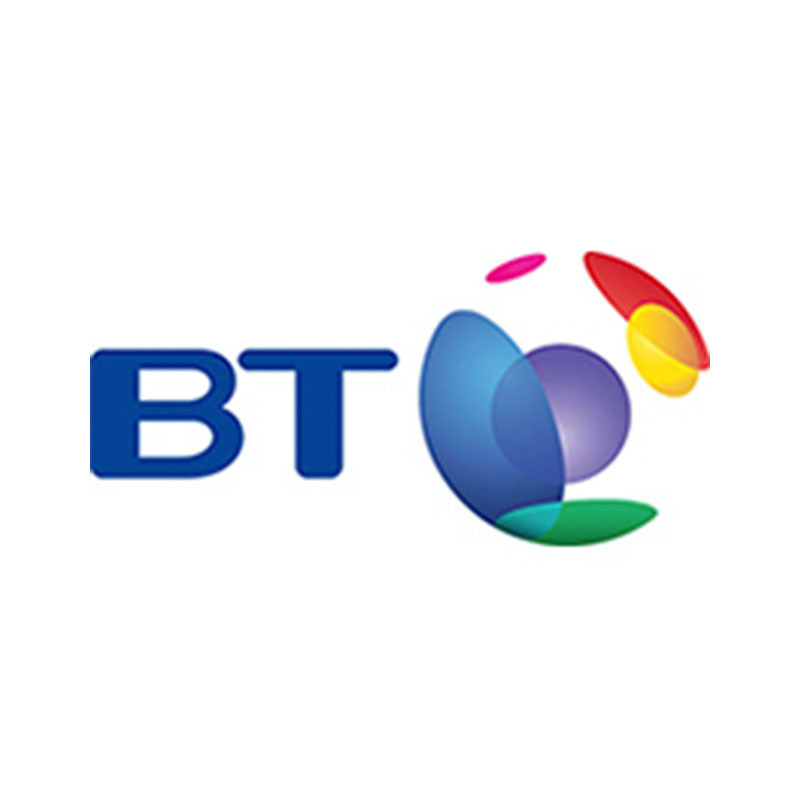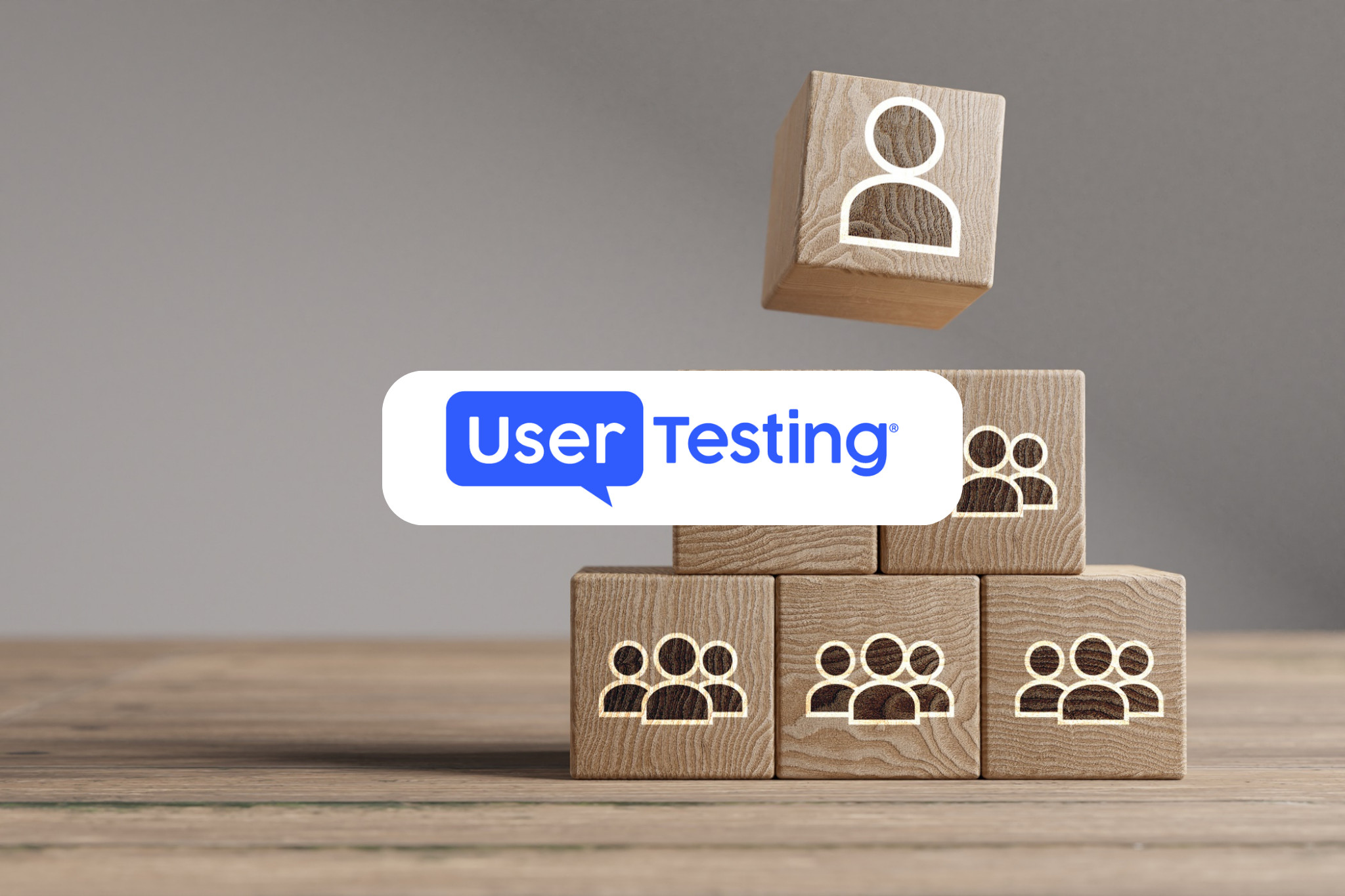BT chief executive Allison Kirkby signalled in May that the group was “exploring options to optimise [its] global business” as it refocuses on its home market amid a multibillion-pound cost-cutting programme.
Sky News reported the previous month that BT was considering putting the Irish unit back on the market.
“BT continually reviews our operations to ensure they align with our global strategy. We have an excellent business in Ireland and no decisions have been taken,” said a spokeswoman for BT, who declined to comment on the sale plan. A spokesman for UBS also declined to comment.
BT Ireland's Operations and Recent Developments
BT Ireland, which is led by managing director Shay Walsh and has about 650 employees, is the second-largest fixed line wholesaler in the Republic with wholesale customers including Vodafone, Sky and Three and corporate customers including Bank of Ireland.
It has also operated the Republic’s 999 and 112 emergency call-answering service (Ecas) for the past 15 years.
However, the company has pulled out of the running in a Department of Communications tendering process relating to the next Ecas contract. BT Ireland’s agreement runs until November 2025, though there is a clause in the documents that allows the Government to extend the term for a further two years.
Industry sources said the decision to back out of the procurement process for the next emergency calls service contract, a low-profit line of business, may boost the appeal of BT Ireland to potential buyers.
“We continually review our operations to ensure they align with BT’s global strategy, and we have made the decision to not proceed in the procurement process for a new contract to operate the Ecas in Ireland,” the BT spokeswoman said.
“We are fully focused on maintaining the highest standards in the delivery of our current contract, which extends until 2027. We will work hand in hand with [the department] to provide a seamless transition to a new operator, once appointed.”
The Ecas Contract and Potential Buyers
A spokeswoman for the department declined to comment on whether there were any other parties bidding for the new Ecas contract.
The decision to exit the Ecas contract could be seen as a strategic move by BT to streamline its operations and make its Irish unit more attractive to potential buyers. This move could attract interest from a wider range of buyers, particularly those seeking a stable and established telecommunications business with a strong customer base.
BT's History in Ireland
BT made an initial foray into the Republic in 1998 when it set up Ocean, a fixed-wire joint venture with ESB. The London-based group acquired Denis O’Brien-founded Esat Telecom two years later. It subsequently bought ESB out of Ocean to settle a dispute with the State-owned electricity group over the Esat deal.
BT rolled Esat’s mobile business, Esat Digifone, into its wireless division, which would be spun out in 2011 as a separate company initially called mmO2, but later rebranded O2. Spain’s Telefonica bought O2 in 2005, before selling the Irish mobile business to Three Ireland in 2014.
A Previous Attempt to Sell
BT Group entered exclusive talks in 2019 to sell BT Ireland to UK investment firm Mayfair Equity Partners. However, the talks broke down early the following year, with the decision reportedly down to a change of heart on the part of BT at the time.
Financial Performance
BT Communications Ireland Ltd, the company behind BT Ireland, saw its revenues increase 3 per cent to €343 million in the year to March 2023, according to its most recent annual financial statement. This was driven by increased services to data centre services, broadband and sales of equipment for resale to big multinational customers.
Operating profit decreased by 6 per cent to €44.6 million, amid rising staff costs and depreciation charges. The operating profit figure was broadly in line with the out-turn for 2019, when Mayfair was in talks to buy the business. However, revenues were running at a higher level at the time of those discussions, at almost €420 million.
This round of talks could be more successful if BT’s refocus on its home market, combined with its recent financial performance, makes it a more attractive prospect for investors. The market for telecoms assets is currently robust, with several large-scale deals being announced in recent months.
The Road Ahead: A New Chapter for BT Ireland?
The sale of BT Ireland could be a significant development for the Irish telecommunications market. It could lead to new investment in the Irish unit, which could benefit consumers and businesses alike. The outcome of the sale process will be closely watched by industry observers, who will be keen to see how BT Ireland’s new owner will shape the future of the business.
The potential sale of BT Ireland is a testament to the ongoing consolidation in the global telecommunications industry. It also highlights the challenges facing traditional telecoms companies, which are having to adapt to the changing landscape of the digital economy. This sale could be a defining moment for BT Ireland, with the potential to unlock new opportunities for growth and innovation.

















